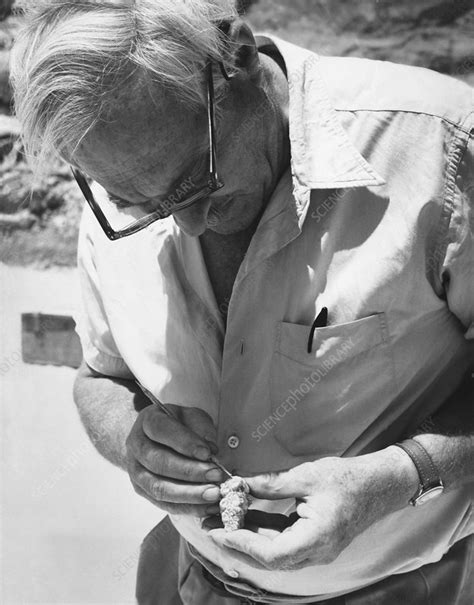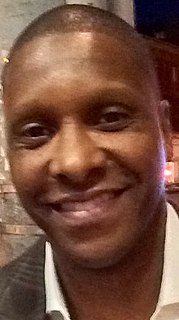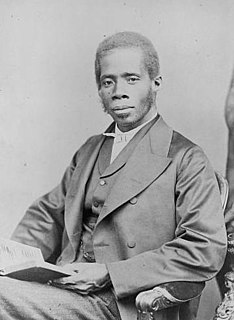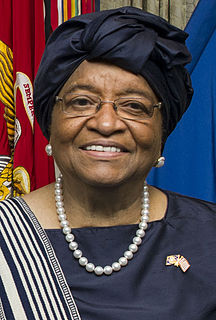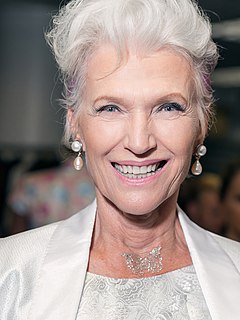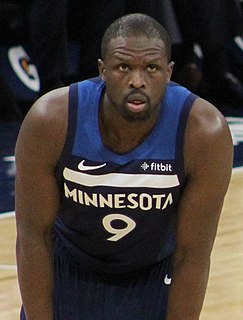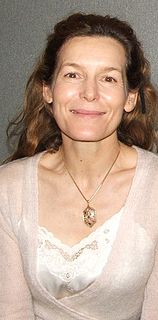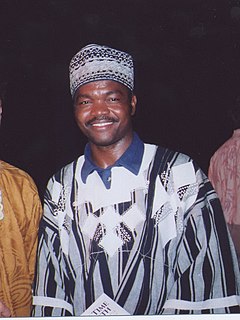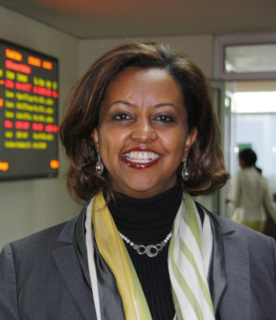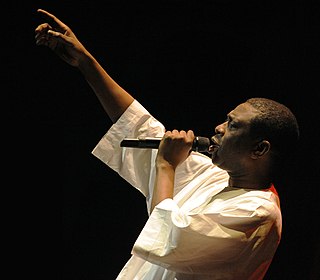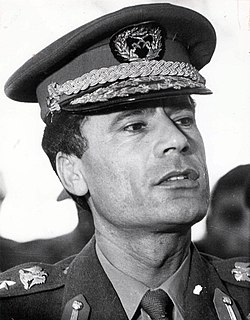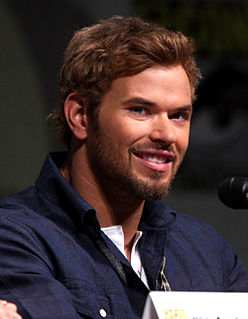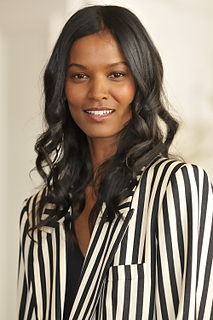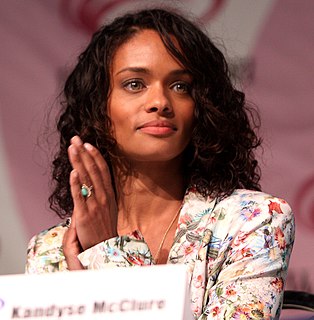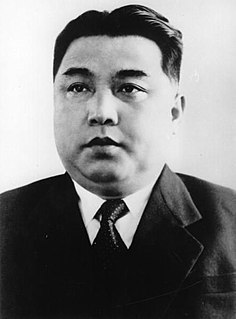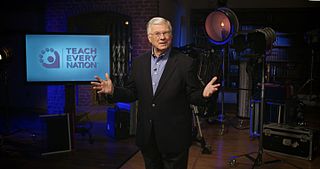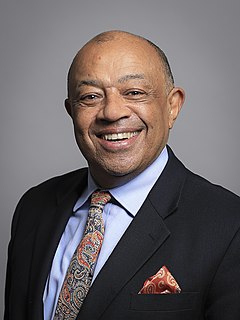Top 1200 Africa Quotes & Sayings - Page 4
Explore popular Africa quotes.
Last updated on December 24, 2024.
We have to move the meter in sports in Africa, especially basketball. With the growth of the NBA globally, we have to figure out more ways to develop facilities, coaching, leagues, and youth development in Africa. The talent is incredible. Especially physically. How do we get the youth to start playing at an early age just like in soccer? The future is bright. We now have an NBA office in Africa, we have legends and Hall of Famers, we have African assistant coaches, front office members, and some prominent African players over the last 10 years. So we must plan well for the next 10.
Africa may yet prove to be the spiritual conservatory of the world ... When the civilised nations in consequence of their wonderful material development, shall have had their spiritual susceptibilities blunted through the agency of a captivating and absorbing materialism, it may be that they have to resort to Africa to recover some of the simple elements of faith.
My solutions are to include Africa in the global economy, and not African charity, AIDS research, but African infrastructure development. And I think that Africa can import and needs everything the whole world can manufacture. And they have got enough money to pay for it. It's just that the money is in the ground.
I finally understood: In order to contribute to Africa, I would have to know myself better and be clearer about my goals. I would have to be ready to take Africa on its own terms, not mine, and to learn my limits and present myself not as a do-gooder with a big heart, but as someone with something to give and gain by being there. Compassion wasn't enough
As the CIA tried to find itself, the threat of international terrorism emanating from the Middle East, Africa, North Africa and Central and Southeast Asia grew with each strike: the first World Trade Center attack in 1993, the bombings of U.S. embassies in Kenya and Tanzania in 1998, and the 2000 attack on the U.S.S. Cole.
If I had not grown up in Nigeria- and if all I knew of Africa were of popular images- I too would think that africa was a place of beautiful landscapes, beautiful animals and incomprehensible people fighting sensless wars, dying of poverty and aids- unable to speak for themselves and waiting to be saved by a kind white foreigner.
Of course, I am the first democratically elected woman president in Africa, and that raises a lot of expectations. Because I represent the aspirations of women all over Africa, I must succeed for them. I must keep the door open for women's participation in politics at the highest level. That is both humbling and exciting.
We know nothing about Africa, although our roots are there in terms of our forbearers. But I mean as far as the average Negro today, he knows nothing about Africa. And I think he's got to face the fact that he is an American, his culture is basically American, and one becomes adjusted to this when he realizes what, what he is.
In Africa, you cannot come into a comfortable material lifestyle without going through Christ. So many Africans say, "I'll take the whole package. That way I'm sure I'll get what I want." This is the compromise the rising urban class of Africa makes. Christianity is not seen as a soul-transforming device capable of producing redemption, but as a source of substantial material gratification.
When President Mbeki said, if you get AIDS, you can have a shower and it goes away. It's like, oh, come on. Or it's caused by poverty. We faced those kind of issues. But now, with the new regime, they have really woken up, paid attention. And when South Africa speaks, then the whole of Africa will listen. And I have got great hopes for that.
At the outset, I want to say that the suggestion that the struggle in South Africa is under the influence of foreigners or communists is wholly incorrect. I have done whatever I did because of my experience in South Africa and my own proudly felt African background, and not because of what any outsider might have said.
Like its agriculture, Africa's markets are highly under-capitalized and inefficient. We know from our work around the continent that transaction costs of reaching the market, and the risks of transacting in rural, agriculture markets, are extremely high. In fact, only one third of agricultural output produced in Africa even reaches the market.
If you think about the last 50 years, Africa's proximity and historical context has absolutely been with Europe and the United States, but their approach in dealing with the economic challenges that Africa faces in particular has been one of handing out aid, not developing economies, not building a long term relationship around agriculture and so on.
I think people should know more of Africa in terms of its joie de vivre, its feeling for life. In spite of the images that one knows about Africa - the economic poverty, the corruption - there's a joy to living and a happiness in community, living together, in community life, which may be missing here in America.
If a European guy came to Africa and said hey guys, you don't have good - people could tell him to go to hell. You are an imperialist. You are a colonialist. Who are the hell are you to come and tell us what to do? I'm an African. Whatever I say nobody in Africa tell me well, it's not of your business. It is my business.
What I was really overwhelmed with by Africa was its tremendous natural beauty; I got to go to some pretty amazing places. Every other weekend we got a day or two off and go on a safari or the natural wonders of Africa and if anyone gets the opportunity to go there, it's something you have to do in your lifetime.
It's not just Ethiopia, but Africa in general - most of the media concentrates on what's not going well. But there is so much beauty there. When you go, it changes everything. It changes you, your life, and the way you see things. The challenge is changing the image of Africa that's been anchored in people for years now.
Living here in North America - I have been Americanized. When I go back home now, there are things that I have far less tolerance for in South Africa. We've come such a long way in terms of race relations and the economy as well as people's willingness to move on. There are still a lot of things that are frustrating about being in South Africa.
If Europe does not understand that our sister continent, Africa, a stone's throw away, is going to face a demographic explosion, if there is no real economic and political restructuring, if we do not understand we have a collective responsibility for Africa, there is not a fence high enough to stop people coming to Europe.
These magnificent species of Africa - elephants, rhino, lions, leopards, cheetah, the great apes (Africa has four of the world's five great apes) - this is a treasure for all humanity, and they are not for sale. They are not for trade. They need to be valued and preserved by humanity. We all need a global commitment to that.
Sudan has been an experiment that resonated across Africa: if we, the largest country on the continent, reaching from the Sahara to the Congo, bridging religions, cultures and a multitude of ethnicities, were able to construct a prosperous and peaceful state from our diverse citizenry, so too could the rest of Africa.
Giants of Africa holds such a special place in my heart. It's not just another non-profit organization - this is personal. What started as a dream to give back to the country that raised me has since blossomed into an intercontinental mission to uplift youth across the diaspora, and shed light on the greatest part of Africa: its people.
In South Africa, being Chinese meant I wasn't white and I wasn't black. I trained in Baragwanath Hospital, the largest black hospital in South Africa. That was around 1976, the time of the Soweto Uprising, when police fired on children and students who were protesting. I was part of the group of interns who volunteered to treat them.
I am honoured to be asked to take on this role, especially as it comes at such an integral time for our relationship with South Africa and the African continent. There shall be many new challenges and opportunities ahead and I look forward to embracing them with great anticipation [on becoming the UK's high commissioner to South Africa]

